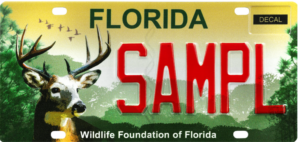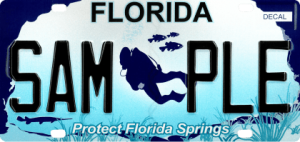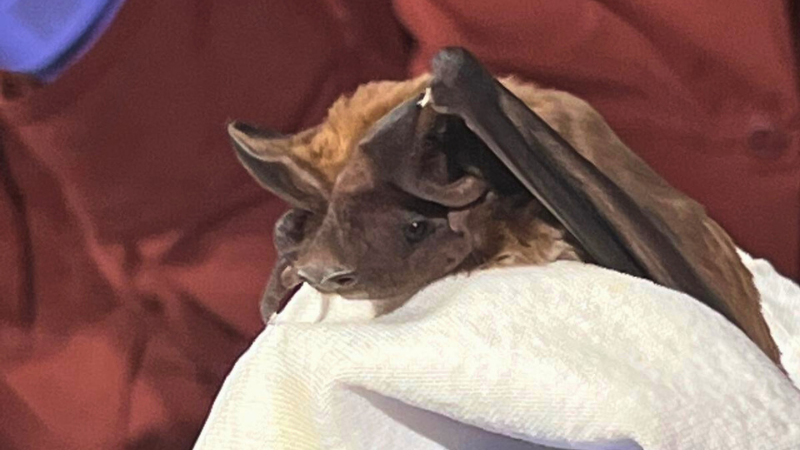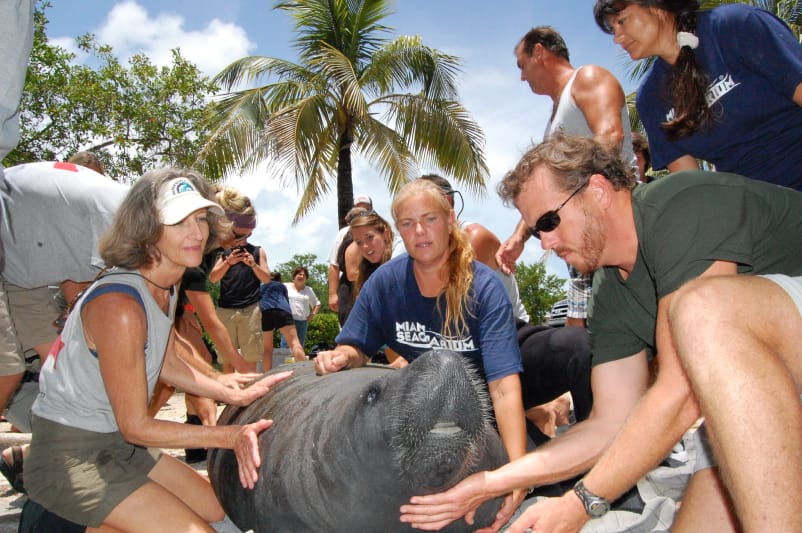Gordon L. Nelson, CPA, CFP® is the Foundation’s Planned Giving Specialist. Want to get your questions answered? Write him or call him at 435.213.9986.
August 2023
Dear Gordon,
I’m retired and I’ve always been passionate about Florida wildlife, especially manatees. I don’t have a large income, but I’d love to contribute to conservation in a meaningful way. How?
-Mad for Manatees
Dunedin, FL
Dear Mad,
Planned giving, also known as gift planning or legacy giving, can be a profound and meaningful way for individuals to support the causes they hold dear, like Florida’s manatees. It can often enable you to give more than your current income might allow, creating a greater impact.
Simply put, a planned gift is a contribution that you commit to during your lifetime or upon your death as part of your overall financial or estate plan. It can take various forms, including stocks, bonds, mutual funds, life insurance, retirement accounts, real estate, personal property, business interests, or even cash. This stands in contrast to regular donations to annual funds or membership dues.
Planned giving is particularly compelling because of the potential benefits it offers you, even without a large income. Some planned gifts can provide donors with a lifelong income and could even increase their overall income. And it serves as a crucial aspect in supporting the mission of organizations, like the Foundation’s work replanting eelgrass in the Indian River Lagoon for manatees and other wildlife.
Let’s touch on three popular types of planned gifts to give you an idea of your options:
- Gifts through a will or trust, known as a bequest, can be a specific dollar amount, a percentage of your estate, or even specific assets.
- Beneficiary designations are quite popular. They involve giving all or a portion of Individual Retirement Accounts (IRAs), 401k accounts, annuities, and life insurance to beneficiaries that you’ve chosen. This option is appealing as it costs nothing to implement, is simple, and is very tax-smart. Retirement assets will be taxed to individuals that inherit them, but non-profit organizations do not pay tax on money received through this type of gift.
- Lastly, there’s the Charitable Gift Annuity. Here, a donor gives cash or appreciated assets in exchange for a guaranteed income for life, with the remaining funds going to a chosen charity upon the donor’s death.
As you can see, planned giving provides an array of opportunities for individuals to create a lasting legacy that benefits not just themselves, but also the causes they care about, like your beloved manatees. For more information, visit our website or feel free to set up a confidential conversation with me. There’s a world of possibility in planned giving, and I’d love to help you explore it.
Best,
Gordon











